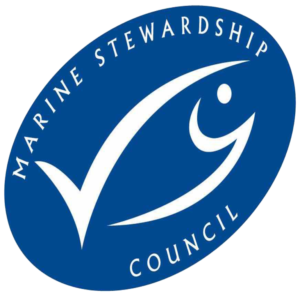marine stewardship council
The Marine Stewardship Council is an international non-profit organisation which recognises and rewards efforts to protect oceans and safeguard seafood supplies for the future.

The Marine Stewardship Council is an international non-profit organisation which recognises and rewards efforts to protect oceans and safeguard seafood supplies for the future.
